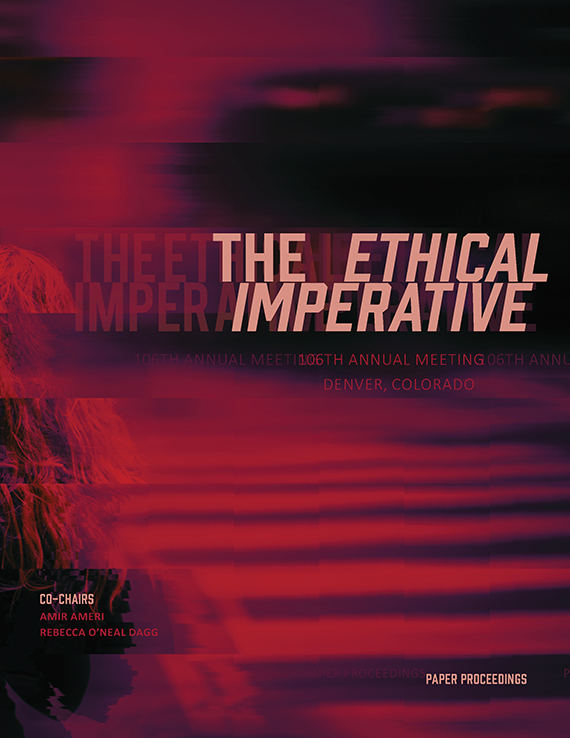Author(s): Shannon Criss
Much of what we consider to be architecture practice responds primarily to a client’s specific needs in relation to a particular, bounded site. Clients often present architects with a site, a design challenge, a limited budget and scope of work. The project is typically guided by engaging with the client through a contracted relationship. The traditional course is for the architect to begin making pre-design decisions about site orientation, program needs, and aesthetics. After that, the progression moves from schematic and conceptual designs to more developed designs, ultimately resulting in a set of construction documents that serve as a limited contract. This relationship is largely governed by professional practice standards through the American Institute of Architects (AIA), where expectations, risks and liability of the architect are limited and managed. The difficulty in this linear and narrowly defined engagement is that these processes are inherently technical as a way to navigate restrictive time, budgets and design intentions. While an architect’s responses to design challenges are often adaptive as related to form making, a framework that is strictly client-centered prevents greater consideration of the needs and desires of the larger community. A new call for how we educate students is needed, one that expands the role of practice to meet the needs of public interest.
https://doi.org/10.35483/ACSA.AM.106.11
Volume Editors
Amir Ameri & Rebecca O'Neal Dagg
ISBN
978-1-944214-15-9

 Study Architecture
Study Architecture  ProPEL
ProPEL 
